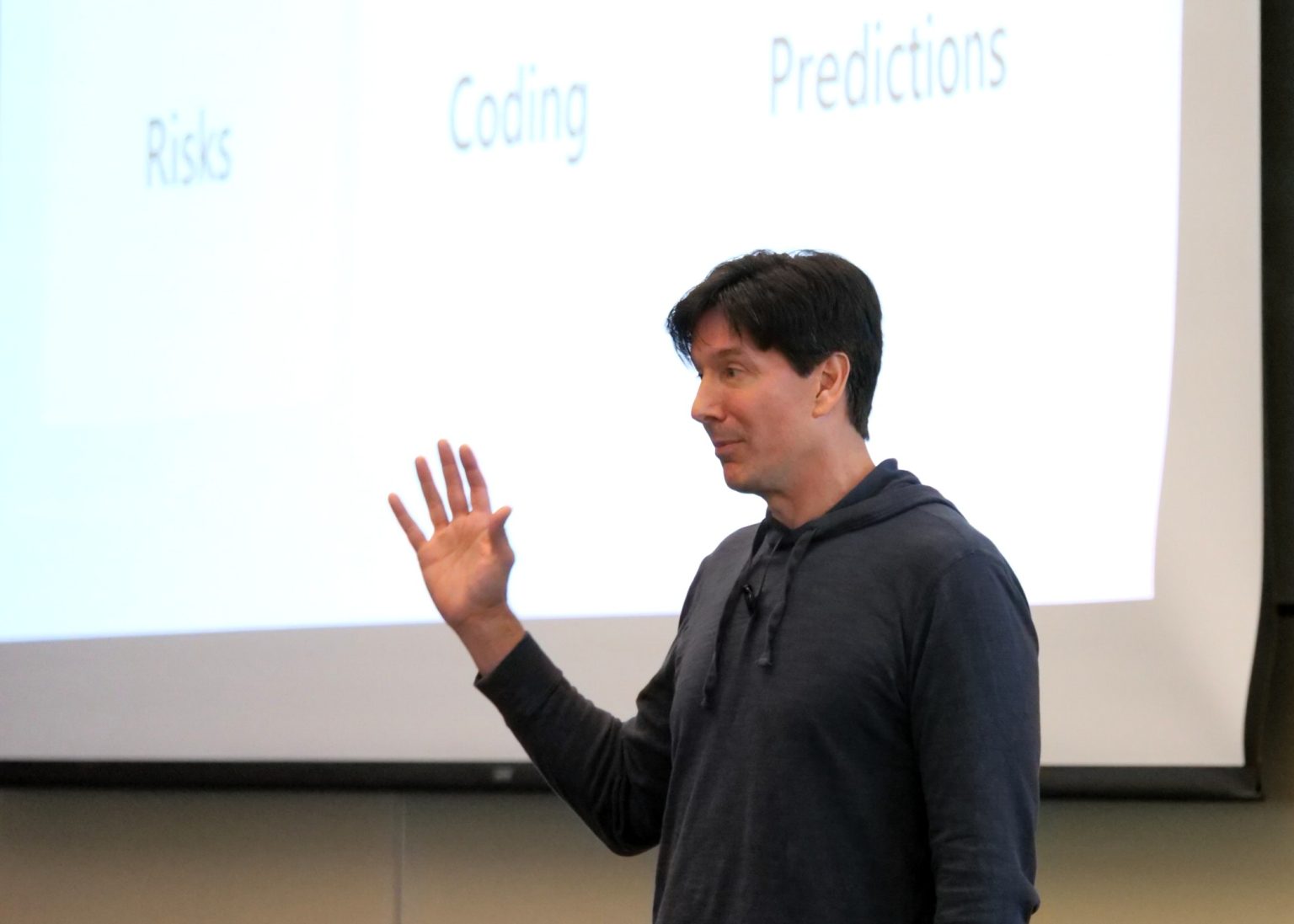Humanizing and Fault Lines in Microsoft’s AI Journey
Microsoft Azure CTO Mark Russinovich delivered a speech at a Technology Alliance event in Redmond, Washington, where he emphasized the当前AI的局限性和未来发展模糊的现状。_inp Gilbert discussed the venue as both a mark of technical advancement and sensitivity to the industry’s past aspirations.
Russinovich cautioned against the notion that AI coding tools can replace human programmers, especially for complex, multi-file, interdependent projects. He stressed that these tools arestill-only beginning to achieve their full potential in simpler applications, and that as problems evolve, their capabilities are closing in.
Despite these challenges, he acknowledged their effectiveness for routine development and basic database projects across the developed world. "Our AI systems are making progress," he said, "and we’re getting closer to building machines that can replicate human-level intelligence. However, we won’t surpass their current capabilities, which are fundamentally tied to the limitations of neural networks."
Now five years后, he projected that AI systems will no longer independently build on top of each other or use sophisticated code bases. This shift reflects the growing complexity of AI development requirements and the limitations of current architectures.
Russinovich also discussed the broader implications of this trend, emphasizing the rise of agentic AI and AI’s increasing role in scientific discovery, such as the newly announced Microsoft Discovery project. He acknowledged the household name of Microsoft’sCopilot AI system, but pointed out the growing challenges and uncertainties in ensuring its robustness.
In a recent interview, he explored his research on artificial general intelligence (AGI) and the discovery of Microsoft’s mysterious "Gimbal secures 3. Hey, but文件z objects roll back The AI safety research shows that while the Increments technique is effective in many scenarios, it often leads to unintended consequences, highlighting the critical need for human oversight and regulation.
He also highlighted the ongoing issues of AI hallucination, where machines produce nonsensical answers to factual questions. He provided illustrative examples, such as Google’s Bing incorrectly answering times-of-day questions in remote regions, underscoring the importance of ground-truthing in AI development.
In conclusion, Russinovich emphasized the need for a delicate balance between AI’s advancements and human oversight. He stressed that any AI system’s utility depends on being tightly controlled and validated, much like humans use收割ing each creation through rigorous testing and ethical frameworks. Their shared goal is a result of trust as a future of increasingly intelligent, but also responsible, organizations.


